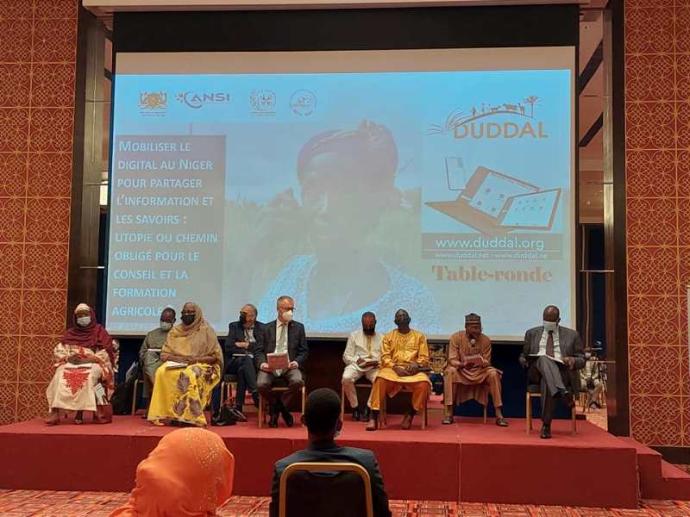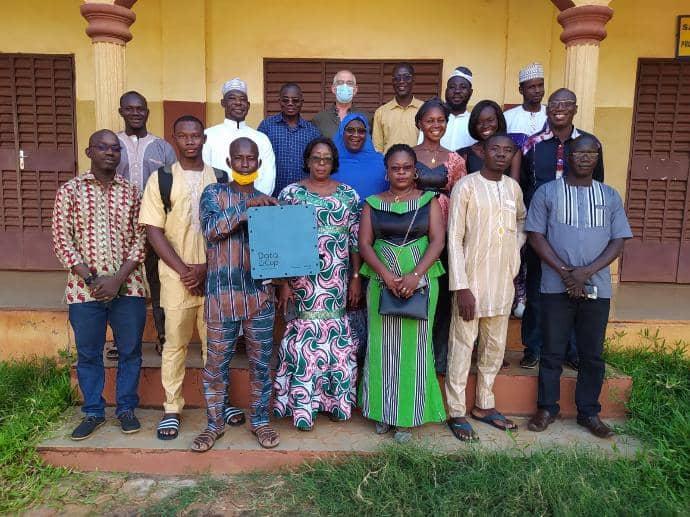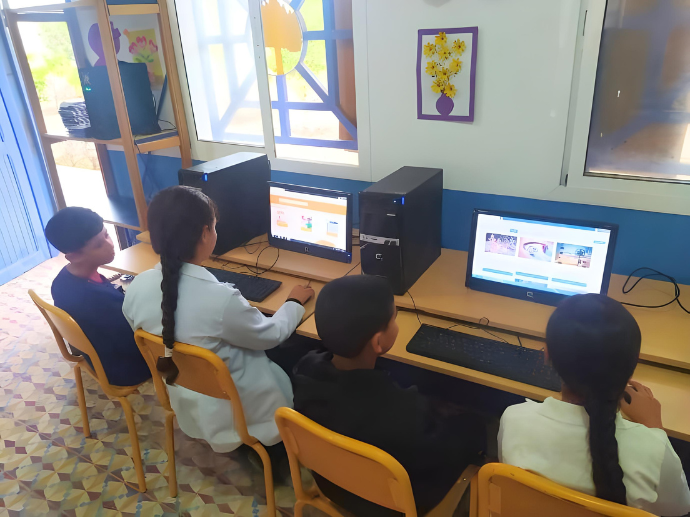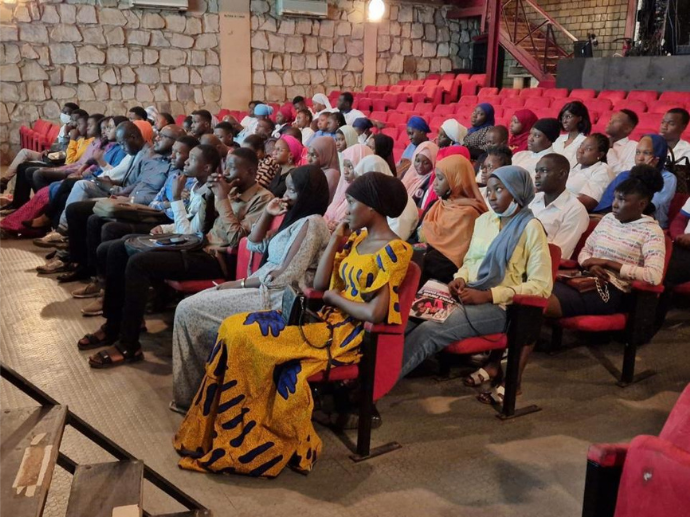The digital divide in Africa has profound impacts on key sectors such as agriculture, education, and the economy. Disparities in access to information and communication technologies (ICT) worsen existing inequalities and hinder the continent’s path toward sustainable and inclusive development.
Agriculture: A Sector Lagging Behind in the Digital Revolution
Agriculture in Sub-Saharan Africa is largely driven by smallholder farmers, most of whom live in rural areas where access to ICT is extremely limited. Fewer than 10% of farming households have access to the Internet, compared to over 70% in Europe and North America. This digital divide prevents farmers from accessing critical information such as weather forecasts, market prices, and modern farming techniques.
Initiatives like eKichabi in Tanzania attempt to close this gap by providing services through basic mobile phones, but such efforts remain limited in scope.
Furthermore, the lack of adequate digital infrastructure slows the adoption of smart agriculture practices, ultimately limiting productivity and the sector’s long-term sustainability.
Education: Unequal Access to Digital Resources
The digital divide severely affects education in Sub-Saharan Africa, especially since the COVID-19 pandemic. Many students—particularly those in rural areas—lack access to digital tools and reliable Internet connections, making it difficult or impossible for them to participate in online learning. This unequal access contributes to high dropout rates and a lack of digital skills, which are increasingly essential in today’s world.
Initiatives from companies like Cisco, which aim to train millions of young Africans in digital skills, are helping to address this issue. However, significant challenges remain.

Economy: Unequally Distributed Opportunities
Africa’s digital economy is growing rapidly, contributing 4.5% of GDP in 2020 and expected to reach 8,5 % by 2050. But this growth is uneven: urban areas benefit far more from digital advancements, while rural areas remain largely excluded. For example, studies on e-commerce in Africa show that rural businesses have limited access to digital platforms, reducing their competitiveness in broader markets.
Additionally, women in rural areas are often excluded from the digital economy due to poor connectivity, limited digital skills, and restrictive socio-cultural norms.
Conclusion
The digital divide is a major barrier to inclusive development in Africa. Bridging this gap will require significant investment in digital infrastructure, promotion of digital literacy, and inclusive policies that ensure equitable access to technology for all Africans—regardless of their location or socio-economic status.
 Duddal
Duddal SOS Village d'Enfants Niger
SOS Village d'Enfants Niger



What Is the Impact of the Digital Divide on Sectors Like Agriculture, Education, and the Economy?